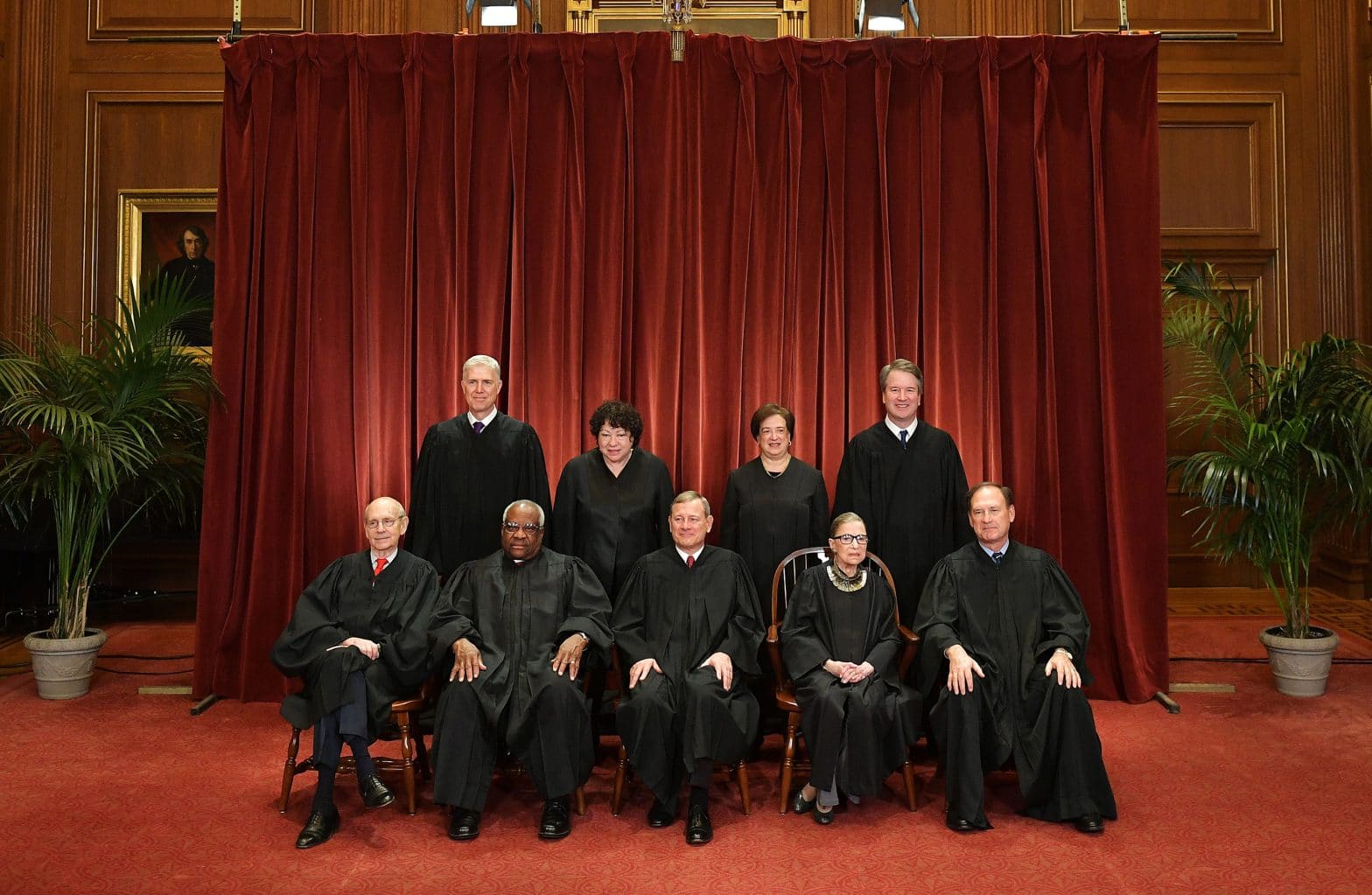Why Clarence Thomas’ Life Story Deserves Attention
COMMENTARY

A little grace please, a few moments to thoughtfully consider Clarence Thomas.
It’s understandable if that ask revolts.
U.S. Supreme Court Justice Clarence Thomas gets little love. Mostly, the disdain is earned.
He’s burnished his image as a calcitrant man who rose to the highest court by timing. He was able to do so pre- so many of the most laudable shifts in North American history.
Thomas is pre-#MeToo, which partially explains the horrendous treatment that Anita Hill received during his confirmation hearing when she accused Thomas of sexual harassment, some of it at the words of then Sen. Joe Biden, now the president. Hill endured not only the sexism of Thomas when they worked together, but the chauvinistic blunderings of the senate when she bravely stepped up to testify.
Thomas is also pre-#BlackLivesMatter and so many other continued pushes for social and economic equality, the struggles to get people to understand that racism is indeed embedded into our institutions.
The antics of his wife, Ginni Thomas, also splash across headlines. Her support for the right wing fringes that stormed the U.S. Capitol on Jan. 6 should be roundly condemned, along with her connections to far right groups that are spawning calls for her husband to recuse himself from some cases.
But the couple is mostly in the spotlight now because Biden has announced his intention to nominate the first Black woman to the court, with the retirement of Justice Stephen G. Breyer.
Thomas is only the second African American man to become a U.S. Supreme Court Justice.
First, draw that fact in for closer examination. The U.S. Supreme Court has existed for 232 years. And in all that time, America’s elected officials, its courts and law schools and other avenues to SCOTUS have never allowed more than two Black people to reach this pinnacle of jurisprudence, both men.
The first was the legendary civil rights scholar Thurgood Marshall. Marshall was appointed by President Lyndon B. Johnson in 1967, a time not unlike now of heightened awareness of civil rights.
Marshall understood and accepted that he would be judged not only for his accomplishments, but for what he could accomplish for others, for the nation. He used the power of his written opinions to cauterize the wounds of legalized segregation.
Twenty-four years later, Thomas would find his way to the court, appointed by George H.W. Bush.
People tend to quickly dismiss him, but the life of Thomas deserves attention.
There’s no need to spin a narrative. Despite his famously silent posture before the court, rarely asking questions during proceedings, Thomas has shared much already.
His autobiography ought to be required reading. It’s as illuminating to the history of race in America as accounts of lives like Justice Marshall’s, which spotlight attributes to emulate. Thomas’ is a more cautionary tale.
Seek out Thomas’ 2007 book, “My Grandfather’s Son, A Memoir” for a read on how racism grinds people up, gnawing at self-esteem and their ability to accept good will when it’s offered.
Thomas doesn’t tiptoe around the ugly. As a child, the double threat of poverty and racism nearly did him in. Some might argue it claimed a piece of his soul.
He tells of being abandoned by his father, of being sent to live with his grandfather with only a grocery sack of belongings, of being cold and hungry and of being ridiculed by fellow Black students for being dark-skinned — “an ABC: America’s Blackest Child.”
Think about what society now knows about early trauma and the marks it can leave. Thomas writes fluidly about becoming bitter and angry by the racism that he faced, at seminary and in daily life. He admits to trying to douse it with liquor. It’s a powerful testament.
In recent years, Thomas has eased up on his disdain for Yale University, where he earned his law degree. He’s visited there now, no doubt as a sought-after lecturer.
But in the book, he wrote of deep regret for listing his race on his application to Yale Law School: “As much as it stung to be told that I’d done well in the seminary despite my race, it was far worse to feel that I was now at Yale because of it.”
Not surprisingly, Thomas shuns all forms of affirmative action, embracing the misconception that society can somehow be color blind. He thinks that once a person accepts a preference due to his race, their accomplishments will always be suspect.
Affirmative action will soon come before the court.
In that way, the racism that a young Thomas faced will come circling back.
He’s missing, of course, much understanding that it is what someone does with opportunity that matters most.
Time and reflection have been credited with shifting Thomas’ views on Yale itself. And in a way, he’s a credit to diversity efforts in that he’s shunned Ivy League clerks, purposely choosing from other educational institutions instead.
But more often, as society presses toward equality, Thomas emulates the stalling and sidestepping also present.
Revere the work of Thurgood Marshall. Make way for the personal and professional accomplishment of whoever the first Black woman is to the court. But consider a study of the life of Clarence Thomas. It’s as revealing of America as the man himself.
(Readers can reach Mary Sanchez at [email protected] and follow her on Twitter @msanchezcolumn.)
©2022 Mary Sanchez. Distributed by Tribune Content Agency, LLC.
























